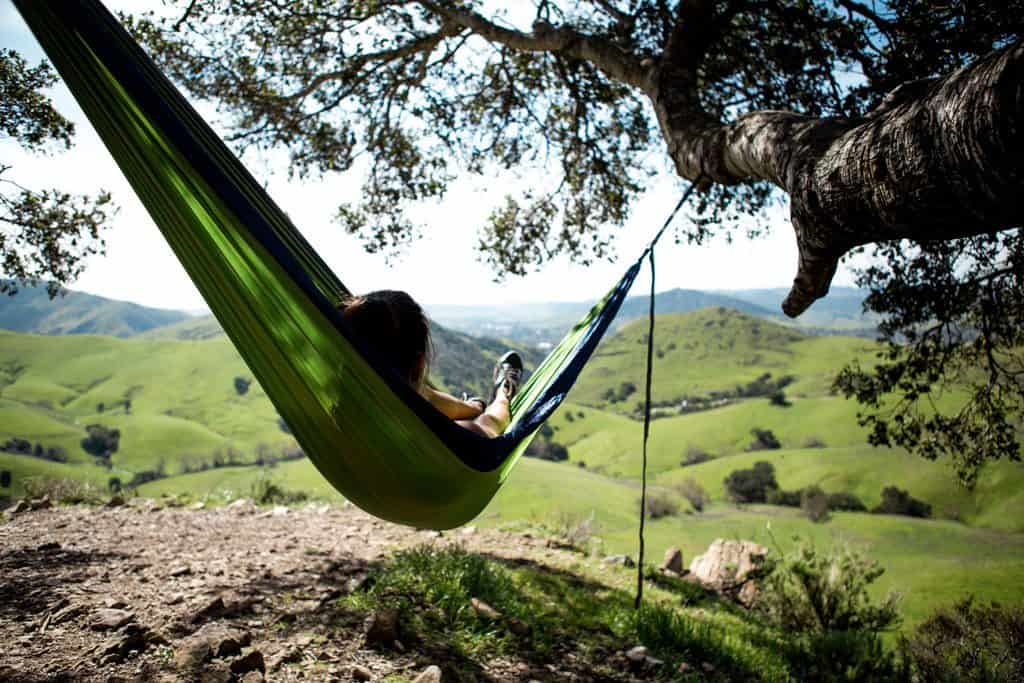
Naps are making a comeback. I’m seeing the health benefits of napping everywhere lately. Even naps at work are becoming socially acceptable. WebMD says, “America, It’s Time for Your Nap.”
There’s even an ongoing debate about whether we should get back to polyphasic sleeping — like 85% of mammalian species. Maybe this is part of the reason modern-day humans need naps.
People who Live the Longest take Naps
The people in the Blue Zones know a thing or two, since they live the longest on the planet. The Blue Zones research says napping 30 minutes per day each weekday results in your chance of heart disease being one third lower than if you don’t nap.
The long-lived Ikarians in the Blue Zone of Ikaria, Greece always find time to nap in the afternoon.
Essentialists Take Naps
Greg McKeown references the power of naps in his book Essentialism (Essentialism book summary here):
- “The second most important factor differentiating the best violinists from the good violinists was actually sleep. The best violinists slept an average of 8.6 hours in every twenty-four-hour period: about an hour longer than the average American. Over the period of a week they also spent an average of 2.8 hours of napping in the afternoon: about two hours longer than the average.” (Note: This equates to 24 minutes per day and is validated through more research that’s referenced below)
- “Some good news for the early birds and night owls among us: science shows that even a nap can increase creativity.”
- “Even a brief period of deep sleep, in other words, helps us make the kinds of new connections that allow us to better explore our world. In a nutshell, sleep is what allows us to operate at our highest level of contribution so that we can achieve more, in less time.”
Research-Backed Napping Tips
Daniel Pink talks about the necessity of nap-taking in his latest book, When (When book summary here).
He says research shows that naps give two key benefits:
- Improve cognitive performance
- Boost mental and physical health
Research studies he references:
- University of California-Berkeley Study: “An afternoon nap expands the brain’s capacity to learn…Nappers easily outperformed non-nappers on their ability to retain information.”
- Greek Study: “A large study in Greece, which followed more than 23,000 people over six years, found that, controlling for other risk factors, people who napped were as much as 37% less likely as others to die from heart disease, ‘an effect of the same order of magnitude as taking an aspirin or exercising every day.’ Napping strengthens our immune system.” (Note: This may be the same research as the Blue Zones mentioned above)
- British Study: “Simply anticipating a nap can reduce blood pressure.”
Here are his tips for taking an effective nap:
- Take a nap 6-7 hours after waking: Pink claims your optimal nap time is about 7 hours after waking. However, he also says, “‘Siesta’ derives from the Latin hora sexta, which means ‘sixth hour.’ It was during the sixth hour after dawn that these breaks usually began.” Sleep.org supports this approach. (Note: A siesta is a key part of the story of the tourist and the fisherman)
- Give yourself a few minutes to fall asleep: It takes most people about 7 minutes to fall asleep
- Keep it between 10-20 minutes: 10 minute naps had positive effects that lasted nearly 3 hours. Pink’s research shows naps under 10 minutes aren’t effective and beyond 30 minutes starts to result in grogginess. The Mayo Clinic also supports this length of nap.
- Make it a “nappuccino” for maximum effect: It’s a cup of coffee followed by a nap. Caffeine takes about 25 minutes to enter your bloodstream, so you wake up from your nap with an extra boost. “Coffee naps” are also supported by other studies. If you have to decide between coffee or a nap, take the nap.
I would add one more tip:
- Schedule your nap: I’ve started intentionally blocking time for daily “power naps.” So far, I’ve found it to be a positive use of some of my 24 hours per day. It makes the day actually feel longer. And, I’m slowly starting to build it into a habit.
It’s hard to argue with the research and results. Time to break the stigma of naps = laziness!
You can see all of the slow living life hacks here.
Slow Living Resources
Slow Living Challenges | Slow Living Online Forums & Communities | Slow Living Quotes | Slow Living Book Summaries | Slow Living Videos
You can follow Sloww via email using the form field below this post or on social media: Twitter | Facebook | Instagram | Pinterest | Medium | Reddit | Quora




